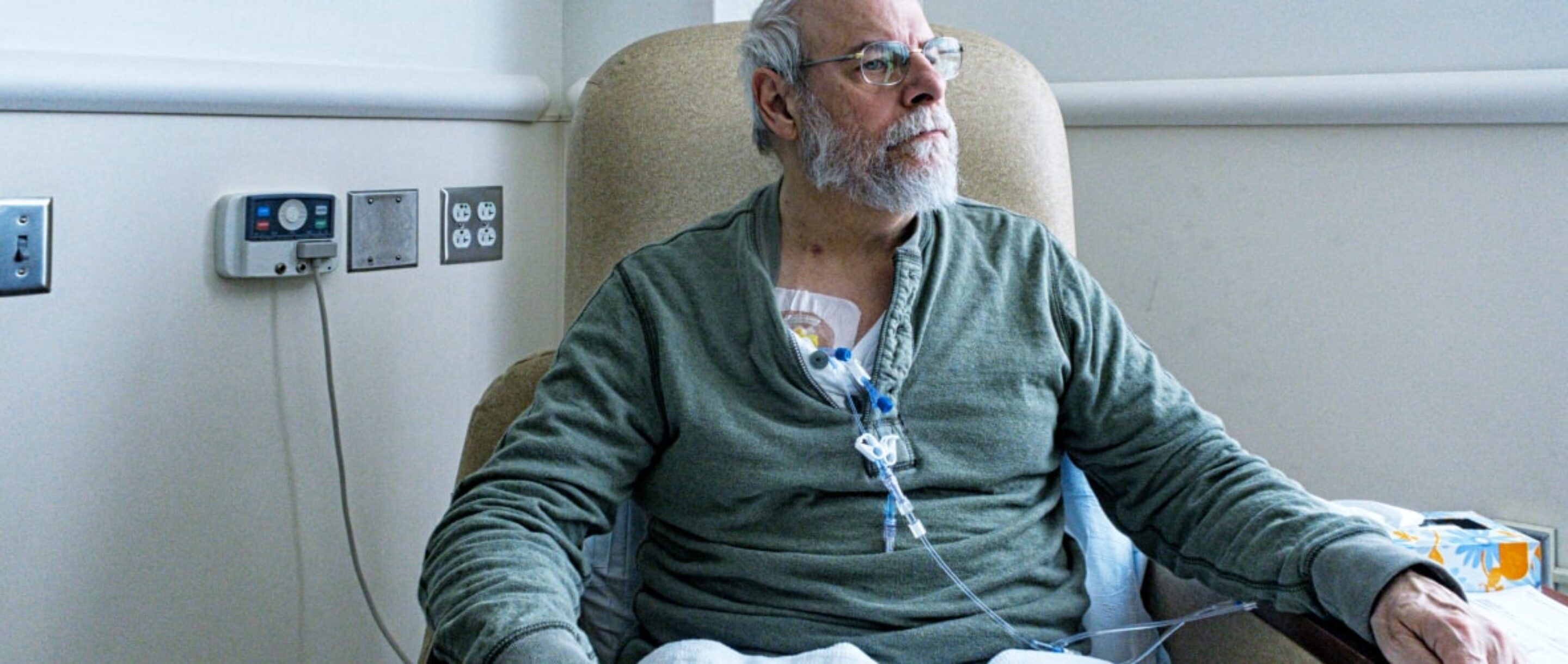What is terminal illness insurance?
Terminal illness insurance is a type of insurance that provides a lump sum payment if you are diagnosed with a terminal illness and have a life expectancy of 12 months or less. This type of insurance is designed to help you cover the costs associated with a terminal illness, such as medical bills, hospice care, and other end-of-life expenses.
When you take out a terminal illness insurance policy, you pay a monthly premium to the insurance company. If you are diagnosed with a terminal illness during the term of the policy, the insurance company will pay out a lump sum of money to you. This money can be used in any way you choose, whether to cover medical expenses or to provide financial support for your loved ones.
It’s important to note that terminal illness insurance is not the same as life insurance. While life insurance pays out a lump sum of money when you die, terminal illness insurance pays out while you are still alive if you are diagnosed with a terminal illness. This means you can use the money to help cover the costs of your illness and to make the most of the time you have left.
Examples of terminal illnesses
Terminal illnesses with a short prognosis could make you eligible to receive benefits. Terminal illness examples include:
- Advanced-stage cancer. Advanced cancer cannot be cured. Cancers that are advanced and lead to death include lung cancer, brain cancer, gastrointestinal cancers, liver and colon cancers, and even some skin cancers
- Different forms of dementia. Including Alzheimer’s Disease, dementia is a degenerative brain disease that eventually shuts the brain down, leading to death
- Motor Neurone Disease (MND). MND gradually weakens the muscles and in the later stages of the disease, the muscles required for breathing fail, resulting in patients often passing away in their sleep
- Lung disease. Lung diseases like pulmonary fibrosis can be terminal illnesses. Lung diseases are degenerative and eventually lead to an inability to take in enough oxygen
- Neurological diseases. Diseases like Parkinson’s are degenerative and can lead to loss of control of your motor skills and bodily functions. These sorts of diseases tend to result in pneumonia or other conditions that can rapidly deteriorate your health
- Advanced heart disease. Most people with advanced heart disease have a life expectancy of around a year, as your heart is unable to perform its function and is no longer able to beat regularly, causing a range of issues throughout your body like pooling blood and blood clots
Meet our Specialist TPD Lawyers
FAQs
What benefits can you claim if you’re terminally ill?
If you are terminally ill, you can claim your superannuation early as well as any terminal illness benefits that may be included in your super policy. If you have terminal illness coverage and are medically certified by two registered medical practitioners that your illness will result in death in 12 to 24 months, you can claim a benefit to assist with a range of things. This benefit can help to pay for accommodation close to specialists, transport to and from medical facilities, a replacement for your lost income, and the capacity to tick some things off your “bucket list” like trips away with your loved ones.
How much can you receive from a terminal illness benefit?
The terminal illness benefit associated with your super is any lump sum insurance covered by your super, as well as all your superannuation paid out as one payment. If you have separate terminal illness insurance, this will pay out the lump sum you agreed on when you purchased the policy.
Does terminal illness benefit affect Centrelink?
A terminal illness benefit shouldn’t affect your Centrelink payments if it is coming out of your superannuation. Your Centrelink payments may be affected, however, depending on what you spend the money on; if you purchase an income stream with the lump sum, this can reduce or stop your payments depending on the income it provides you.
Is terminal illness benefit taxable or income assessed?
No, the terminal illness benefit is not a taxable payment.
Do I need legal representation for a terminal illness claim?
It is not a legal requirement to have representation for a terminal illness claim. However, it is highly recommended to seek the advice and guidance of an experienced lawyer such as LHD Lawyers. Our specialist lawyers can help you understand your rights, guide you through the process, and provide support during what can be a challenging time. We can also assist in gathering and presenting the necessary evidence to support your claim and negotiate on your behalf with the insurance company. This can help increase your chances of a successful claim and ensure that you receive the maximum benefits available to you.
What are the different ways a terminal illness benefit claim can be paid?
A terminal illness benefit claim can be paid in several ways, depending on the policy and the individual’s preferences. These include:
- Lump sum payment: A one-time payment of the full benefit amount is made to the policyholder upon approval of the claim.
- Installment payments: The benefit amount is paid in regular installments over a specified period of time, such as monthly payments for a certain number of years.
- Income stream: The benefit amount is paid out as a regular income stream for the rest of the policyholder’s life or for a specified period of time.
- Combination of options: Some policies may offer a combination of lump sum, instalment payments, and income stream options to suit the policyholder’s needs and preferences.
It’s important to review and understand the policy terms and options available before making a decision on how to receive the terminal illness benefit claim. Contact LHD Lawyers today so we can work through the options together.
What happens if the insurer declines your terminal illness claim?
If an insurer declines your terminal illness claim, you have several options. Firstly, you can ask the insurer to review their decision and provide additional information or evidence to support your claim. Alternatively, you can make a complaint to the insurer or the relevant ombudsman service.
If these avenues are unsuccessful, you may need to seek legal advice to challenge the insurer’s decision. This can involve lodging a dispute with a dispute resolution scheme or pursuing legal action through the courts.
You can contact LHD Lawyers today for a free case evaluation to review your declined terminal illness claim.
More information on TPD claims
If you’re looking for more information on TPD claims, we have a wealth of knowledge from our expert team of TPD lawyers for you to explore.We’re here to help
Contact us today for free online claim checker and we can help get your life back on track.









